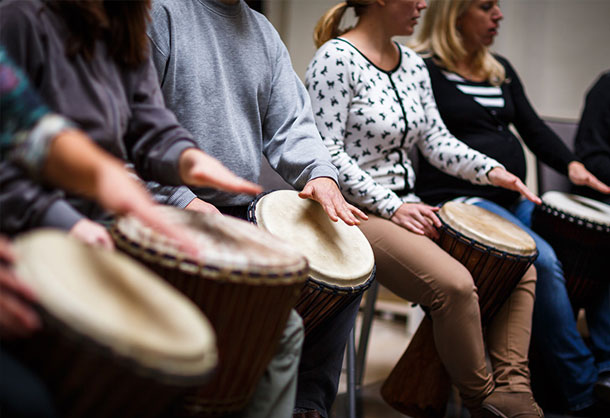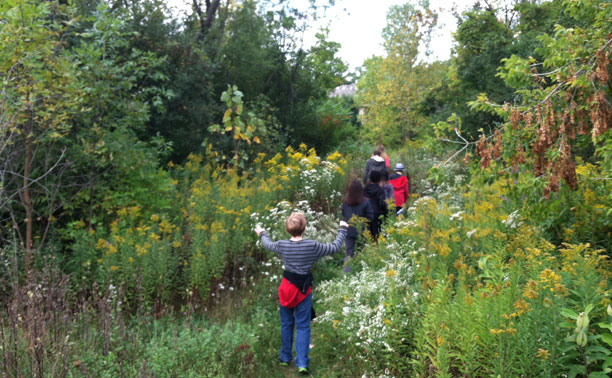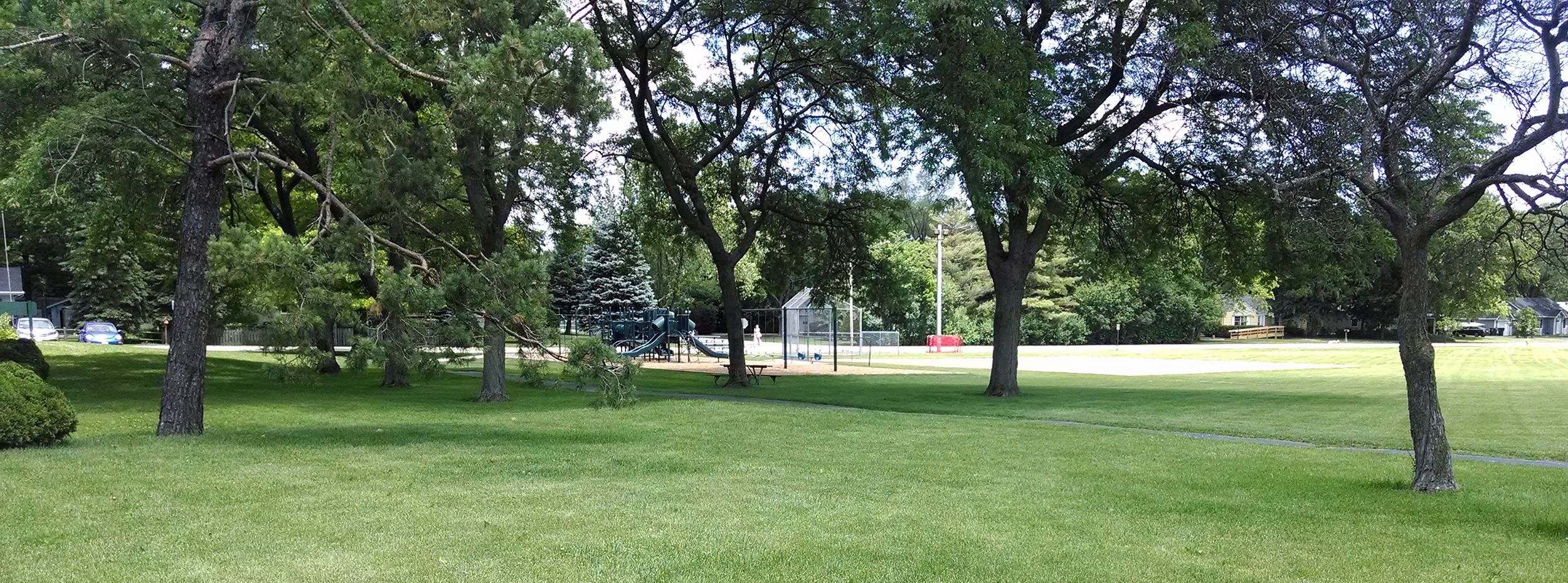Safe Haven School provides a psychologically and physically safe, nurturing, therapeutic environment for children ages 9-21 who have severe to profound emotional disturbances, learning disabilities, autism, and/or other health impairment. We do this by fostering each child’s academic, emotional and social growth.
Key Programs

Therapeutic Arts
Safe Haven School has a robust art therapy program. All students participate in weekly group art and music therapy sessions. Additionally, students have a weekly individual art or music therapy session, based on their interests. These expressive therapies help students address emotions they may be unable to give voice to through more traditional therapies.

Pet Therapy
Pet therapists also make bi-monthly visits to Safe Haven School, and all students take part in stress-relieving and trust-building activities with therapy animals. Services are provided by Rainbow Animal Assisted Therapy, an organization that works with trained, registered therapy animals to help children and people with special needs improve their health and quality of life.
Quick Facts
We offer a much-needed alternative for students in grades sixth through high school. Unlike resource rooms and other environments, we ONLY accept students with internalizing behaviors. These include depression, anxiety, PTSD, school refusal, ADHD, autism, students identifying as LGBTQ or other disorders.
Children with internalizing behaviors (e.g., anxiety) are too often placed with children with externalizing behaviors (e.g. aggression.) We believe this is counter productive. Children with internalized behaviors learn best when they are safe from verbal or physical aggression and bullying. After all, these children are easy targets. We offer an environment free of such distractions. Hence, our name: Safe Haven.
For students who sometimes refuse to go to school or have a hard time attending each day, we can help. Notify our supported attendance coordinator at the first sign of trouble with attending school.
We manage students’ emotions and behaviors both in and out of the classroom throughout the day. This approach ensures a safe environment that promotes individual and group development.
We draw children out of depression or anxiety by teaching them coping skills. This method may prevent them from being among the young adults who turn to drugs, alcohol, promiscuity, self-injury or suicide.
Program Description
Safe Haven School is a comprehensive therapeutic/co-educational day school approved by the Illinois State Board of Education for students grades 6-12. The age range to the day before their 22nd birthday allows high school students with insufficient credits at the end of four years the extra time they need to accumulate their required credits for graduation. These students also need transition services to facilitate a smooth integration to the socially complex and anxiety-inducing environment of a college or university. Our service area is the Chicago metropolitan area.
With small classrooms, differentiated instruction and a lovingly cultivated culture of support, community, and respect, Safe Haven School offers a needed alternative for students who exhibit a range of emotional and/or attentional difficulties.
When given the emotional resources they need in a safe, calm and accepting environment, students are able to develop the confidence and coping mechanisms they need to manage their negative emotions. Safe Haven School is not a permanent placement, but rather a temporary environment where students go to heal, learn, and develop skills and strategies for coping with their emotional and psychological challenges.
Safe Haven School serves as an agent for local public school districts in educating students whose educational and/or social/emotional needs extend beyond those that can be accommodated through public school special education settings. The majority of our students’ tuition is paid for by the school district, who is also responsible for transporting students to and from Safe Haven School.
The goal of Safe Haven School is to provide an emotionally and physically safe, nurturing, co-educational environment in which students can develop the skills needed to achieve personal growth and adjust positively toward their family and their education, thus empowering them to successfully reenter the regular education environment when indicated.
Supported Attendance
As a result of past experiences, many Safe Haven School students resist going to school. Without support, parents of school-refusing children may not have the emotional or physical resources needed to get their children to school on a daily basis. Safe Haven School has developed a component of its program to help ensure that students regularly attend school. Parents may call their student’s Social Worker to request help, and staff members go to the homes of school-refusing children when needed. In the home the Social Worker provides support and therapeutic interventions to the family and student. Social workers check in regularly with participating families and are equipped with techniques to help students feel more comfortable attending school.
Family Support
Safe Haven School strives to provide parents with the skills they need to nurture and support their children within a mutually respectful family structure with well-defined boundaries and expectations. Parents meet weekly with their child’s social worker, either in person or by phone, to learn how things are going at school, to share how things are going at home, and to learn the strategies their child is learning to manage their emotions.
Collaborative Problem Solving
Beginning the first week of a student’s enrollment, he or she engages in a process of Collaborative Problem Solving with his or her teacher and social worker. It is through this process that students become engaged and invested in their personal progress.
Students come to Safe Haven School wanting to accomplish something that is important to them, which is not always identified in their IEPs: for example, making a friend. As a team, the student and his or her teacher and social worker discuss what the first step towards achieving this goal would be, and choose a strategy for the student to practice throughout the week. For example, a student who wishes to make a friend may work on initiating a conversation. Because the teacher and social worker are aware of this “assignment,” they can facilitate situations where the student can practice the strategy, while observing his or her level of success.
The student, teacher and social worker meet the following week to discuss how well the strategy worked. If the student was successful, the team determines what the next strategy should be: for example, entering a group conversation already in progress. If the student didn’t meet with success, then an area of need has been identified for the social worker and teacher to work on with the student.
Emphasis on healthy & trusting relationships
In order to create the sense of security that is needed for students with emotional difficulties to heal, Safe Haven School believes it is important for them to develop trusting, open relationships with their adult mentors and peers. Safe Haven School staff emphasizes the formation of strong relationships with students, educating them about the nature of healthy and supportive relationships while doing so.
Physical activity and nature
Research on emotional regulation and stress management continues to demonstrate the importance of physical activity, and Safe Haven School takes care to promote an active lifestyle for its students. All students participate in physical education on a daily basis, as well as outdoor recreation time. Students find our two organic gardens fun, fascinating, and soothing when they are experiencing strong emotions.

Testimonials
“Our staff is very non-hierarchical. Teachers are heard, administrators are approachable, and we are all on the same page.”
Teacher
